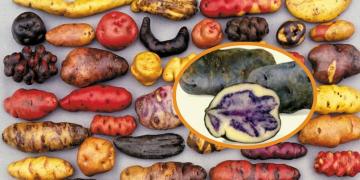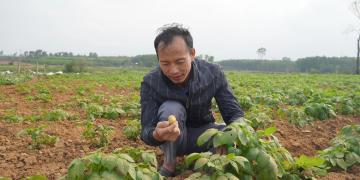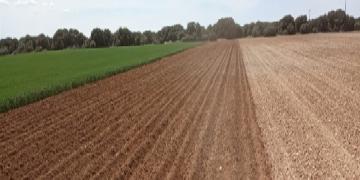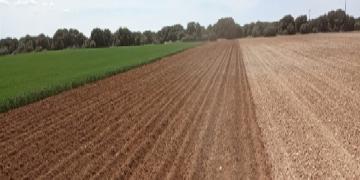UK: Aeroponics in onion cultivation, an alternative to reducing the carbon footprint
In a project led by Jonathan Bell at Stourgarden, Professor Tracy Lawson and her team from the University of Essex are growing onions using LettUs Grow ultrasonic aeroponics.
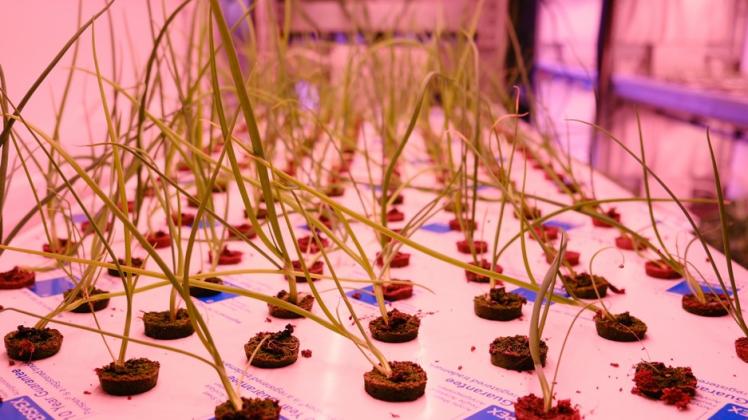
The onion is a staple crop in the UK and around the world, with an annual production of over 100 million tonnes. Onion cultivation in the UK and globally faces three key challenges: disease, seasonality, and storage.
Onions can only be grown during the spring and summer months, as light is essential for their development. They are sown outdoors around March and usually begin to form bulbs after the summer solstice. Therefore, with conventional methods, one harvest per year is limited; however, demand for onions remains year-round.
This means onions are often imported from as far away as New Zealand, resulting in high food mileage, a larger carbon footprint, and increased costs. To extend the season in the UK, onions are stored in cold storage and can last up to 10 months. This requires a significant amount of energy, and the quality of the onions can often be compromised, resulting in further waste when grading.
Another problem with the crop is the high incidence of soil-borne diseases. Fusarium rot, a type of rot, can cause losses of up to 40% in the UK. This not only generates food waste, but also wastes crop resources and loses profits for the farmer.
How could controlled environment agriculture (CEA) help?
By growing onions from seed to bulb in a controlled indoor environment, there is the potential to quadruple the annual crop in the UK. In trials conducted at the University of Essex, Professor Tracy Lawson and her team aim to reduce the crop’s carbon footprint, eliminate the need for storage, accelerate growth, and achieve a consistently high-quality product.
Onions are grown indoors using LettUs Grow aeroponic irrigation systems. In an aeroponic system, onions grow without soil. Instead, the roots are suspended in the air, and nutrients are distributed through a mist generated by ultrasonic technology. This method facilitates access to oxygen, which promotes root zone strength and growth. However, the absence of soil reduces the risk of soil-borne diseases in the early, vulnerable stages of growth.
The academic team has been recording data on crop growth, weather parameters, and energy consumption, and so far, the results are promising. Jonathan Bell, Stourgarden’s operations director, said: "We have successfully grown onions to a stage where the first signs of bulbing can be seen. The project aims to investigate how CEA can contribute to the supply of onions to UK consumers. Completely replacing traditional field production is not the goal, but CEA can play a role in improving current cultivation and supply."
Nick Green, Commercial Director at LettUs Grow, said: “It’s really exciting to see how our innovative aeroponic technology is supporting traditional growing methods. This is a prime example of how cross-sector collaborations can benefit sustainable food production in the UK, and we’re very proud to be collaborating with industry and research experts at Stourgarden and the University of Essex.”
For more information: LettUs Grow
Fuente: hortidaily.com

